Traveling solo can be a rewarding and enriching experience. It allows you to see the world and create unique memories on your own terms. However, special occasions while on a solo trip may feel difficult to plan, especially when you’re on a budget. Fear not, we’ve got you covered with some tips to help you make the most of your hard-earned money while still enjoying special experiences.
1. Set Priorities

When planning for a special occasion, the first step is to understand what’s essential to you. Is it a fancy dinner, attending an event or staying at a fantastic hotel? Knowing your priorities would help you better allocate your funds. Once you have set your priorities, you can restrict your spending on less important activities, like taking taxis or buying souvenirs.
For example, is a luxurious stay more important to you than an expensive dinner? Try compromising by staying at a small but charming inn, and splurge on a fancy meal that you’ll remember for years to come.
2. Research Your Destination
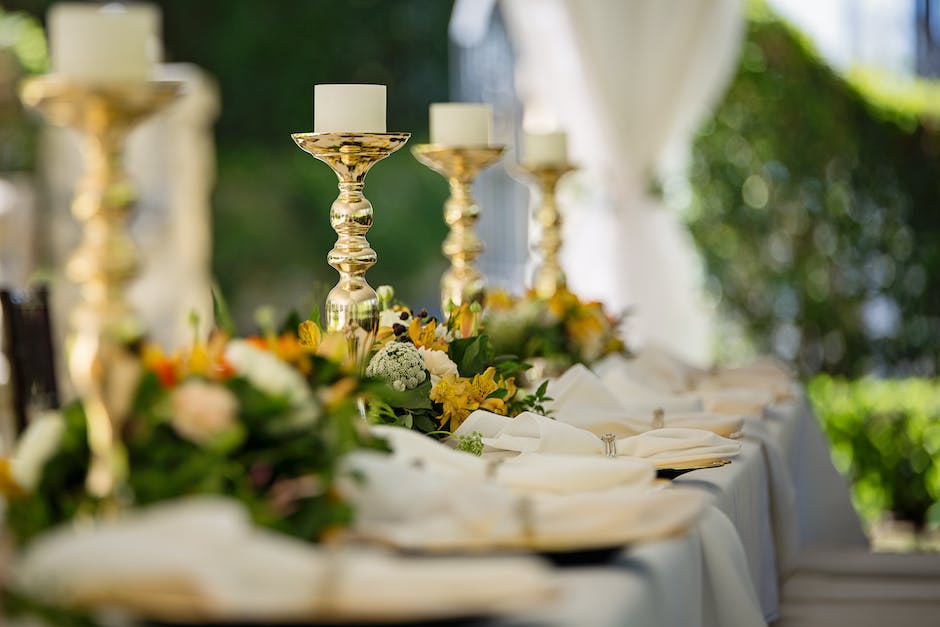
Before starting, research is a must. Expenses can add up quickly, and a little planned research will save you money in the long run. Check out travel blogs or forums to see where people suggest you visit and eat. You can gain insight into different neighborhoods or areas that might be less touristy, less expensive and more enjoyable.
Also, research tourist packages or city passes that you could get before your trip to save you money on entry fees to tourist sites or transportation.
3. Consider Off-Peak Travel

Travelling during off-peak periods can add to the fun and can save you money. You’ll avoid the crowds and also benefit from discounts on airfares, hotels, and transportation. Also, restaurants and events tend to be less crowded during off-peak periods, making your experience more personal.
Travelling off-seasons might damage your vacation experience. So be sure to balance the things that matter most to you with potential discounts.
4. Use Reward Programs

Reward programs like hotel loyalty, airline mileage are valuable resources for savings. Sign up for these when you travel frequently. These programs grant points for travel-related spending, which can be converted into discounts, free nights or even free travel.
Suppose you like using credit cards to pay for your travel expenses. In that case, make sure to use one with a good reward program that offers cashback, points or miles, but pay off your balance every month to avoid interest accumulation.
5. Shop Around for Deals

Don’t settle for the first deal you see. Be patient and shop around for the best prices possible. Compare prices of flights, hotels, and other services, and look out for deals on different online websites to find the best possible rates. Don’t forget to check for discounted gift cards, promo codes and coupons available on different social media platforms.
6. Eat Like a Local
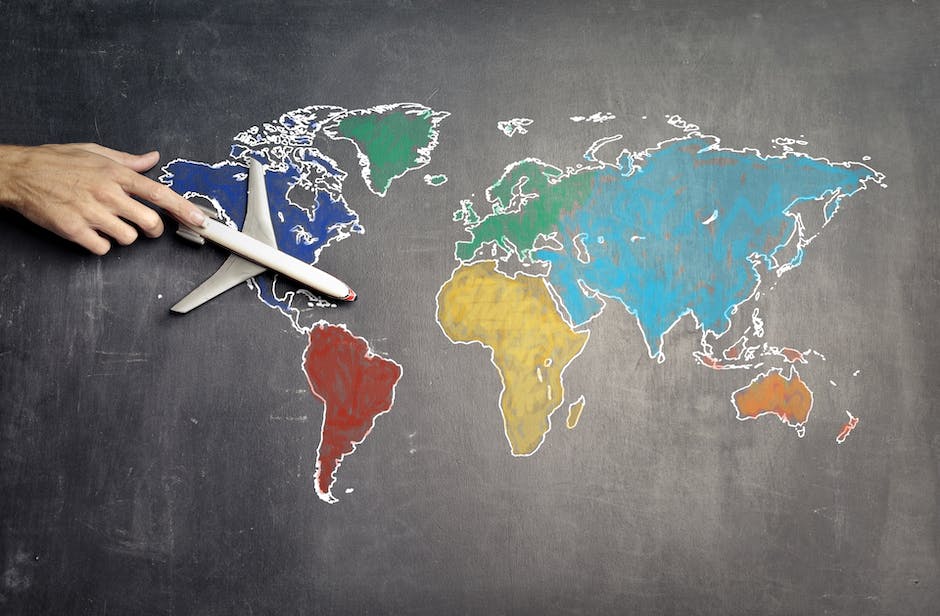
One of the most expensive aspects of travel can be dining out. But, eating like a local can go a long way in saving you cash while allowing you to experience the local cuisine. Check out supermarkets and convenience stores for snacks and finger foods, and try street foods like hot dogs, tacos and kebab. They don’t only cost less but are known among locals for their flavourful taste.
7. Set a Daily Budget
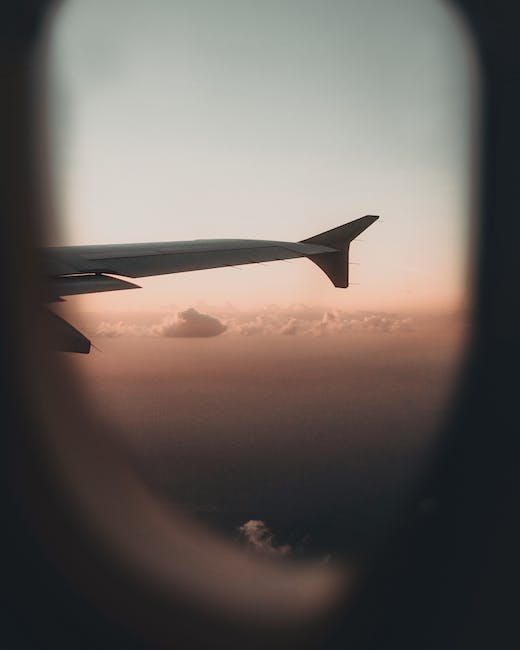
Setting a daily budget before you embark on your solo trip is necessary to keep your expenses in check. Determine how much you want to spend each day, depending on your itinerary and the cost of the destination. Track your spending every day to ensure that you don’t exceed your budget. Carrying cash is also an effective way to limit spending since international transaction fees won’t affect you.
8. Stay in Alternative Accommodations
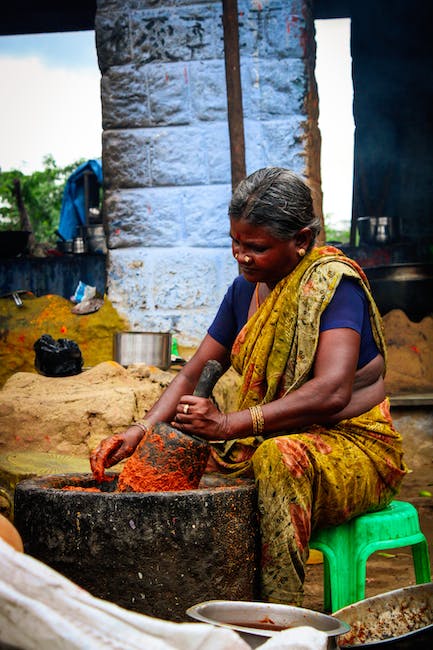
When travelling, staying in traditional hotels can be costly. Sure, high-end hotels may offer luxury and comfort, but you could end up in a tent or a cheap guesthouse depending on your budget. Firstly, opt for hostels, BnBs or even couchsurfing programs from locals in destinations to save money while getting to know the local people and cultures.
9. Choose Free Activities

If you’re on a tight budget, a great way to save money is by focusing on free activities. Research and find free museums or landmarks in the destination. Look for parks or free walking tours, which would be cheap and allow you to make new acquaintances. You could even attend a street concert or local festivals that don’t require tickets.
10. Leave Room for Splurges

Budgeting is essential, but leaving some room for splurges is fine too. Since it’s a special occasion, you might want to experience something that will create unforgettable memories. Besides, you’ve been responsible with your budget so far, so indulging can be justified. Before your trip, try promoting your savings, so you have that extra cash reserve to splurge but ensure that you still stay within your budget.

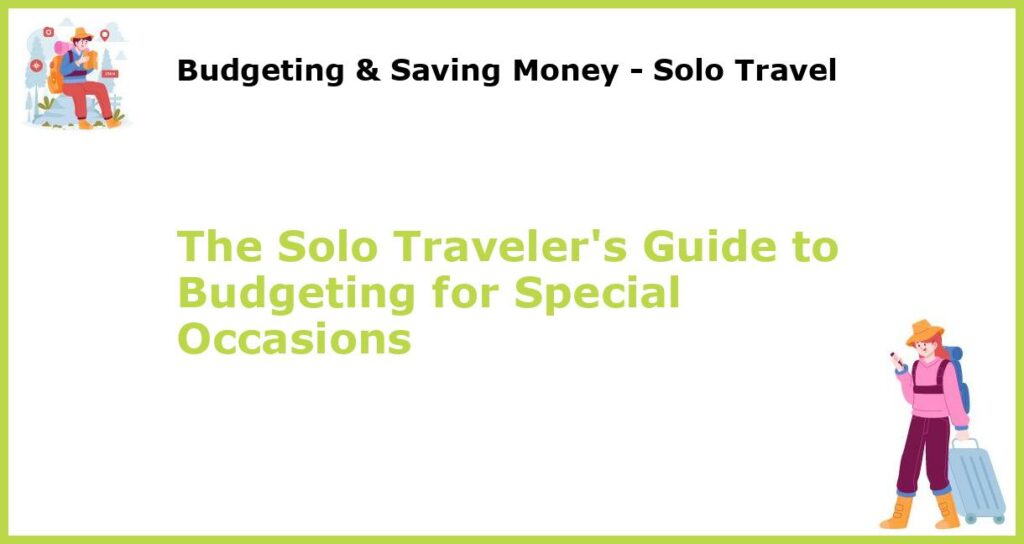






 You might also be interested in those articles related to solo traveling
You might also be interested in those articles related to solo traveling